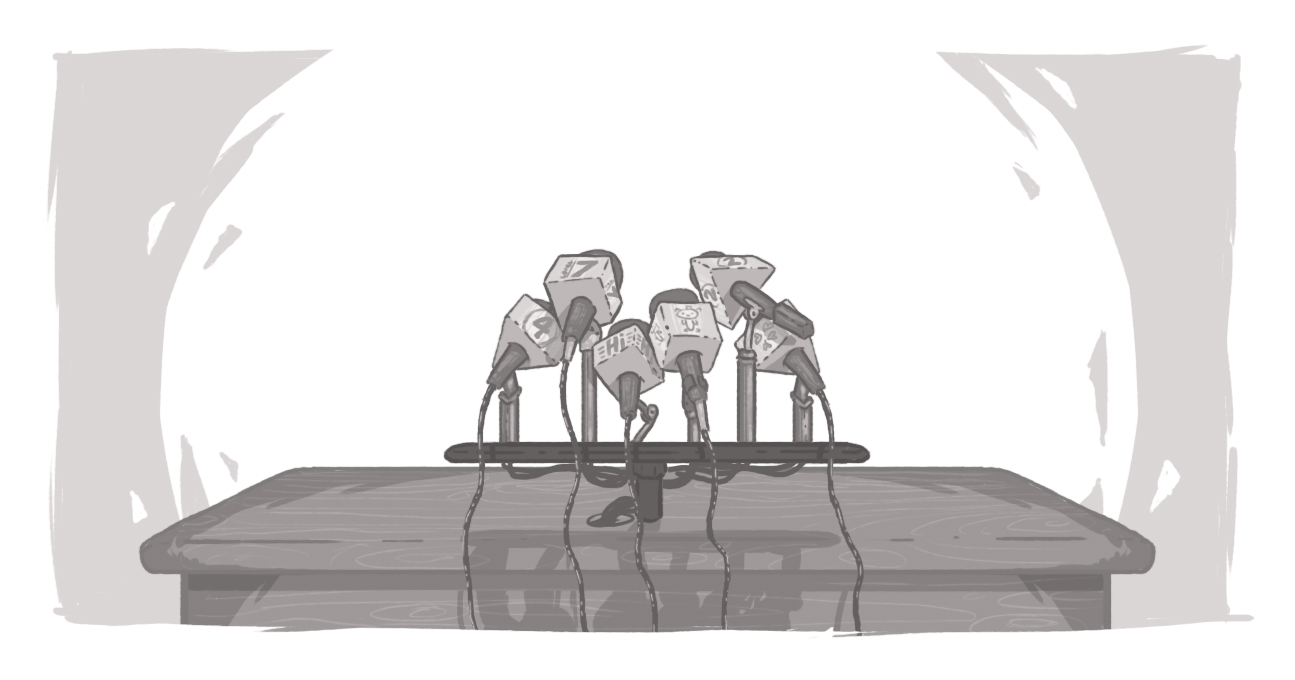More Work, More Reward - Soliciting Honest and Varied Comments

Volume does not always equal value. And when it comes to soliciting both internal and external feedback, it's important to realize that the greatest veins can be struck in those areas hardest to mine, but doing so requires using different techniques.
Recently, the Montreal Gazette revamped its presentation -- online and off, it has changed its look. But, more strikingly, it has chosen to deliver targetted content based on how people are accessing it. Those reading a physical newspaper may have different content than those accessing through a tablet or a phone. And it's all because different people have different ways of interacting.
I was personally reminded of this during a few recent exchanges on Twitter. As we know, 140 characters is not always the best way to engage in intelligent discussion. Add in the lack of nuance inherent in online communication and it's a recipe for disaster. A few conversations through formats more conducive to longer-form discussion resulted in mutually beneficial understanding.
It translates from online to the boardroom. There are a lot of people who love nothing more to speak their mind, even if there's not much substance. Ego gratification and the need for validation are powerful intoxicants but the pool from whence their commentary is drawn may be a mile deep, but it's only an inch wide.
Yet there are often others in the environment with far more to offer. People who, for one reason or another, feel that it's not their place to speak up. Maybe people who have been cut off one too many times by the loudest member of the discussion, so don't bother to even start any more.
So how do you get this great information out? By understanding that one format doesn't work for all.
Don't Demand Public Displays of Information
Staff meetings are great, but the same dynamic plays out whenever it comes time to solicit information -- the usual suspects speak up; others stare into the floor or look away. Some people just aren't comfortable sharing their ideas or thoughts in a group -- especially if it runs counter to a superior's view. Online forums can also be intimidating -- especially if someone presenting an opposing view gets piled on by the others.
Different Key/Pen Strokes for Different Folks
Your online survey may be perfect for a group of your employees, but there are those who prefer to drop a hand-written notes into a suggestion box. Others would rather come into your office and just tell you something outright. If it's feasible, give people options.
The same goes for your external feedback-generation mechanisms. There are those who like to fill out an online form; some prefer the ease of clicking through a survey; and others would rather just send you an email. Ensuring that people have multiple ways of leaving you feedback (and, yes, that includes social media and even the good ol' phone) affords you the opportunity to receive responses from a broad demographic. You avoid the skewing that can come from focusing on specific platforms/methods.
Anonymity Sometimes Rules
I once had a manager, after some less-than-glowing results from a supposedly anonymous survey (though one that required you to indicate your department), sit the team down and angrilly demand to know why the numbers were so low. A few of us spoke up; more didn't.
And guess how honest people were the next time there was an opportunity to provide feedback?
In general, it would be nice for everyone to put their name to their comments. In reality, there are so many reasons why people are reticent to do so that's it's not worth losing valuable feedback based on a Utopian view.
Yes, especially in regards to your external clientele, you may run into 'trolls' or people who abuse the privilege. But with a little monitoring and even an understanding that there are often valid complaints hidden within that inappropriate behaviour, the opportunity to comment anonymously ensures that you're going to get much closer to the unvarnished -- and honest -- truth of the matter.
More Work. More Reward
In the end, yes, it's more work for you -- the communicator or the manager. But remember... this isn't about you. It's about giving your staff the opportunity for them to share valuable information in a way that's most convenient for them.
You can try a one-size-fits-all approach, but that generally just gets you a one-point-of-view series of responses. If it's worth asking, it's worth asking correctly -- and it's worth getting a well-rounded, multi-faceted view of your business.
Your thoughts? Comments are open.
SUBSCRIBE TO OUR E-NEWSLETTER
 Subscribe
Subscribe


